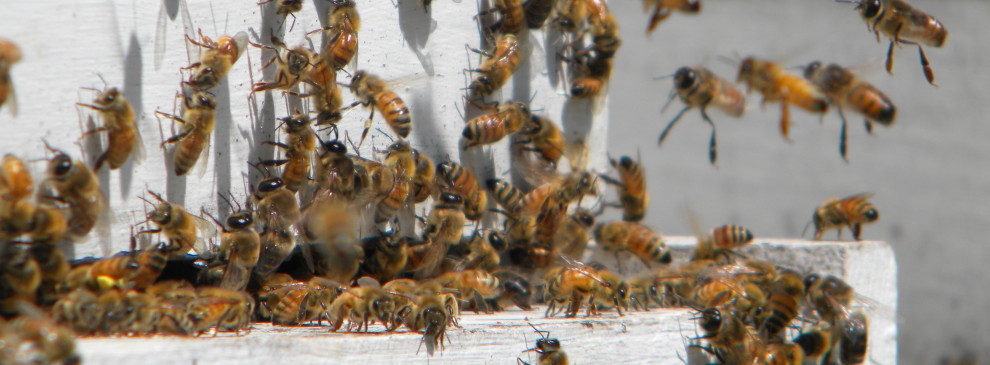Had my 3 hives since 2014 and left all honey for them over winter of 2014. They were fine and over-wintered well. All survived winter of 2015 but were robbed in March 2015 during warm spell. LCBA meetings are too far and at night. I would LOVE to have a knowledgeable mentor in my area. I am hoping to re colonize with feral swarms, or swarm from neighbor who has 10+ hives. Didn’t have robbing until they moved in. I cleaned and charred all parts of hive boxes and have one screened bottom board, so far. Each box has drawn comb, albeit void of any honey. I want to get going again. Too expensive to buy bees. Thanks for this survey.
RESPONSE – Bees can be expensive. Some years swarms will be plentiful and they are good to restock hive with. Robbing is a problem – last year we did see more of it. Too many bees in one area, or one apiary, might be a factor. With neighbor bees and your own you are likely correct to assume it was perhaps why robbing got started in your colonies. Very difficult to control once it starts. You might contact officer of local group to see if they have someone to recommend as a mentor. We do not have enough for sure. Trust you are able to capture some swarms to reestablish your hives.
